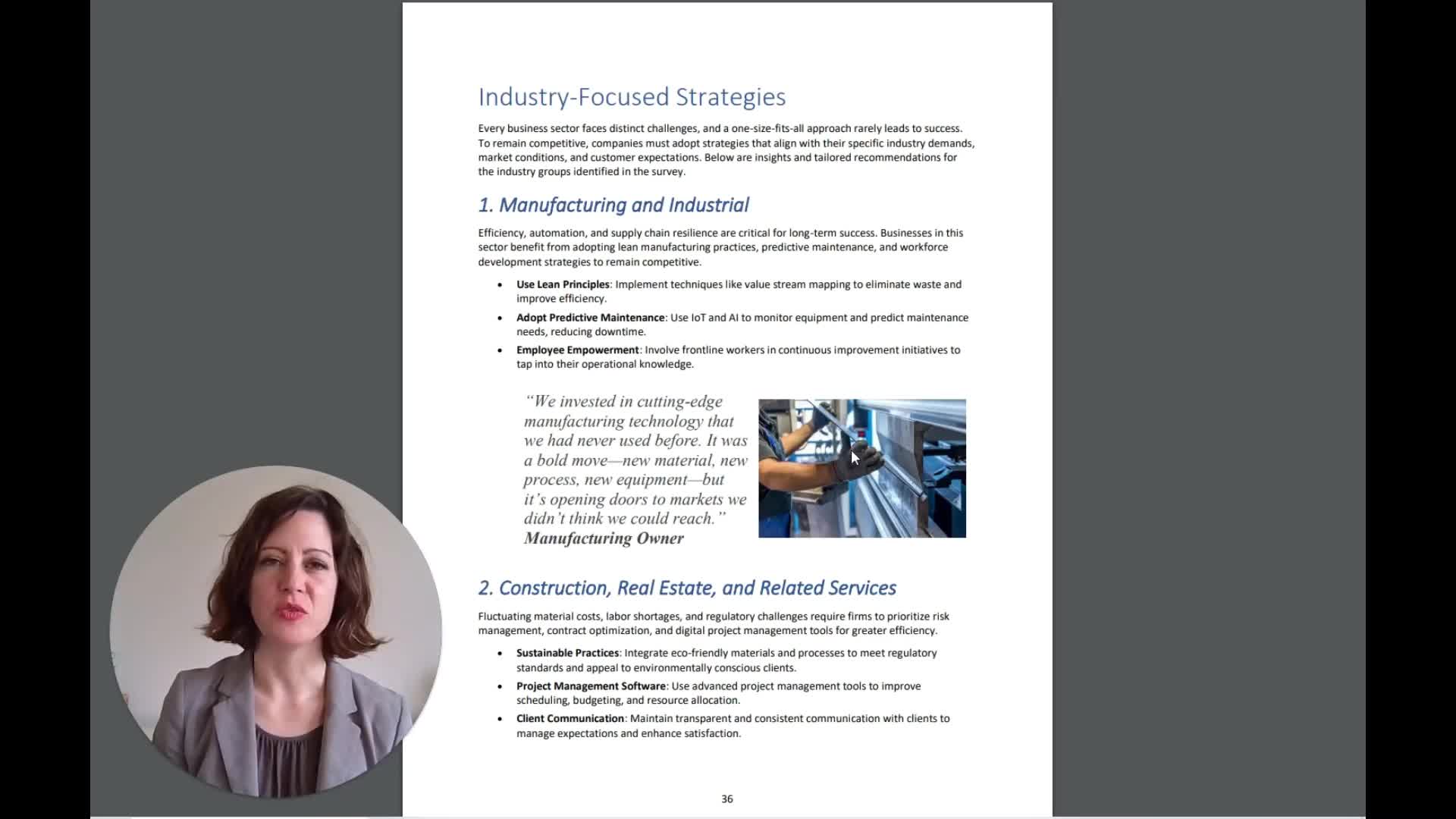Employee Engagement
Employee engagement is increasingly recognized as a crucial factor for organizational success and employee well-being. It refers to the emotional commitment and involvement that employees have towards their work and their organization, extending beyond basic job satisfaction. Engaged employees not only show enthusiasm and motivation but also contribute positively to performance and innovation, serving as a vital driver of staff retention. According to recent research, organizations with high levels of employee engagement experience significant benefits, including 21% greater profitability, 41% reduction in absenteeism, and 59% lower turnover rates. This highlights the importance of developing effective employee engagement strategies that resonate with today’s workforce dynamics. As companies face challenges related to declining engagement levels and employee burnout, it becomes imperative to implement tailored engagement strategies that foster a supportive and collaborative workplace culture. Factors such as transparent communication, recognition of achievements, and opportunities for professional growth are instrumental in enhancing workplace satisfaction. Businesses are increasingly adapting to a people-first approach that prioritizes empathy and inclusivity, recognizing that engaged employees are more aligned with organizational goals and contribute positively to the overall work environment. Moreover, leveraging technology to facilitate communication and streamline administrative tasks can free employees to focus on impactful contributions, thus driving engagement. In a landscape where employees are seeking meaningful work experiences, understanding and addressing the key drivers of employee engagement is essential for organizations striving to improve performance and resilience amidst changing work dynamics.
How can employee-generated content enhance an employer brand?
Employee-generated content (EGC) is a powerful tool for enhancing employer branding by viewing employees as creators and co-creators. When employees share their personal and professional stories, they bring the company culture alive in an authentic way. This approach works effectively through various methods - from employees documenting interesting projects, to creating personal content that intertwines with business narratives, to participating in friendly competitions that drive engagement. By incentivizing and rewarding this content creation, organizations can showcase their employer brand through the genuine voices of their team members, creating compelling narratives that resonate with potential engineering talent and other prospective employees.
Watch clip answer (02:04m)How does Brian Chesky define company culture and what makes a culture strong?
Brian Chesky defines culture as "a shared way of doing things" where team members align around a common mission with shared beliefs. He distinguishes between weak and strong cultures rather than good or bad ones, noting that strong cultures are founder-led where people are deeply passionate about the mission. According to Chesky, the most critical elements for building a strong culture are thoughtful hiring practices and having a set way of doing things that people buy into. At Airbnb, they've institutionalized this approach through culture interviews and a Core Values Council that serves as an advisory group to maintain and strengthen their company values.
Watch clip answer (02:07m)What are the key challenges and strategies for success in the manufacturing industry?
In manufacturing, the biggest challenges include workforce shortages of qualified skilled workers, employee retention issues, and adapting to new technologies. For success, businesses should focus on efficiency, automation, and supply chain resilience. While pay is important for retention, workplace culture also matters greatly - employees need to feel appreciated and have flexible schedules. Lean manufacturing principles like value stream mapping and waste elimination remain crucial. Digital tools such as AI, Internet of Things, and predictive maintenance can help anticipate equipment needs and streamline operations. Companies must overcome resistance to change while creating supportive work environments that still maintain productivity.
Watch clip answer (03:52m)What role does company culture and values play in attracting talent and building relationships with customers?
According to Jeff Weiner, company culture and values are increasingly important in attracting talent, particularly among millennials who are more driven by purpose than traditional motivators like compensation or titles. The culture of an organization isn't just about results but how those results are achieved. This purpose-driven approach creates a sense of belonging and meaning for employees. Weiner notes this extends beyond employees to customers, who now have transparent views into company operations through social media. Customers increasingly make purchasing decisions based not just on product quality, but on what companies stand for and how they conduct business. This makes clearly defined values and culture essential for building relationships with all key constituents in a company's ecosystem.
Watch clip answer (02:47m)What are effective questions to ask when gathering employee feedback?
When gathering employee feedback, asking the right questions is crucial. Rather than vague inquiries like 'How am I doing?' which typically yield generic responses like 'You're doing great,' employees should use specific, targeted questions. Effective questions include 'What unique contributions am I making to the team that others aren't?', 'What is my reputation in this team?', and 'What conditions have you seen me thrive in and where am I struggling?' These concrete questions give colleagues permission to provide meaningful insights and focus the feedback on valuable information that can actually drive professional development.
Watch clip answer (00:46m)How does Amy Edmondson define effective leadership?
Amy Edmondson defines leadership as the ability to harness the efforts of others to achieve greatness. According to her, leadership is fundamentally about making a difference and inspiring others to voluntarily contribute their best efforts. She emphasizes that effective leadership is not about formal positional power but rather the capacity to inspire people to give that extra voluntary contribution. Edmondson notes that leaders are vulnerable to others' willingness to step up with effort, ingenuity, and heart. She distinguishes between 'getting ahead' and 'making a difference,' highlighting that true leadership focuses on the latter. People follow effective leaders not because of authority but because they're inspired to contribute their full potential toward meaningful outcomes.
Watch clip answer (02:09m)




